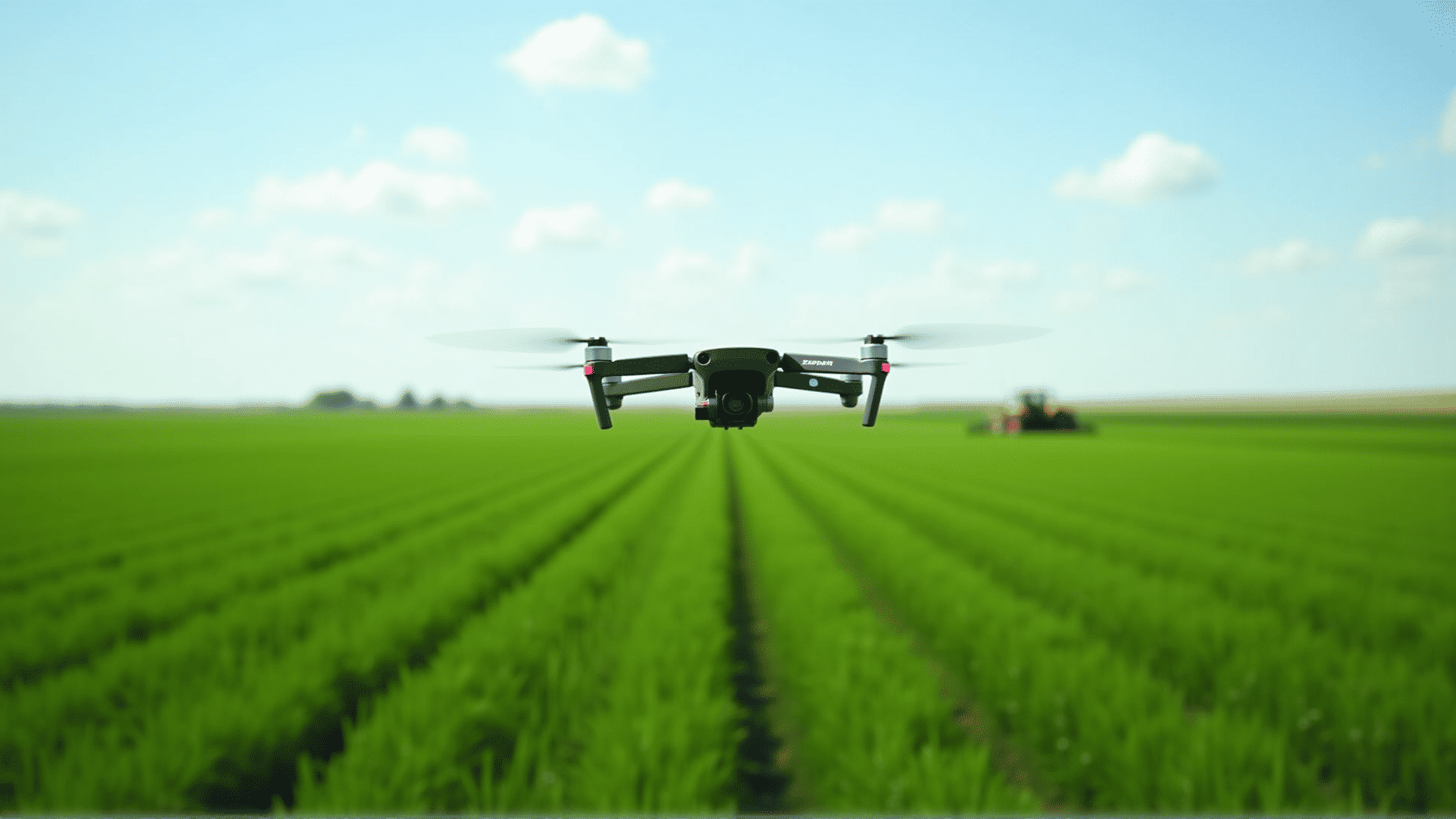The landscape of agriculture is evolving at an unprecedented rate, driven by a host of innovative technologies that are revolutionizing crop production. As the global population soars and climate change presents new challenges, these advancements are vital in ensuring food security, sustainability, and efficiency. Here, we explore some of the cutting-edge technologies reshaping modern agriculture.
One of the most significant advancements is the adoption of precision agriculture. This approach leverages data analytics, Geographic Information Systems (GIS), and Internet of Things (IoT) devices to enhance farming precision and sustainability. Through precision agriculture, farmers can monitor crop health, soil conditions, and weather patterns in real-time. This wealth of data enables more efficient use of resources such as water, fertilizers, and pesticides, ultimately increasing yields and reducing environmental impact.
Another remarkable innovation is the development of genetically modified organisms (GMOs) and CRISPR gene-editing technology. Scientists utilize these tools to enhance crop resilience to diseases, pests, and climate change. By modifying plant genomes, researchers can increase drought resistance or enhance nutritional value, contributing to food security in regions prone to environmental stress.
Vertical farming and hydroponics are transforming how crops are grown, particularly in urban environments. These methods allow for the cultivation of crops in controlled, indoor environments where plants grow in nutrient-rich water rather than soil. This innovation reduces the need for large land areas and cuts the distance food travels from farm to table, minimizing the carbon footprint. Additionally, these systems can operate year-round, unaffected by seasonal changes, ensuring a consistent food supply.
Furthermore, artificial intelligence (AI) and machine learning algorithms are being applied to enhance crop management. By analyzing vast datasets, AI can predict pest outbreaks and optimize planting schedules, helping farmers make informed decisions that boost productivity and reduce losses.
Robotics also play a crucial role in modern agriculture. Automated machinery equipped with sensors and imaging technology can perform tasks such as planting, weeding, and harvesting with precision. These robots free up human labor for more complex tasks, decrease costs, and increase operational efficiency.
Blockchain technology offers a promising solution for improving traceability in the agricultural supply chain. By providing a secure and transparent record of a product’s journey from farm to consumer, blockchain ensures food safety and authenticity, addressing consumer concerns about food quality and origin.
Lastly, the adoption of sustainable agricultural practices is gaining momentum. Techniques such as cover cropping, agroforestry, and crop rotation are being integrated with advanced technology to promote biodiversity, enrich soil health, and reduce carbon emissions.
In conclusion, the innovations in crop technology are not just enhancing productivity but are also paving the way for a more sustainable and resilient agricultural system. Embracing these technological advancements is crucial for addressing the global challenges of food security, climate change, and resource management. As technology continues to advance, the potential for further transformation within agriculture remains boundless, promising a future where farming is both efficient and ecologically sound.
